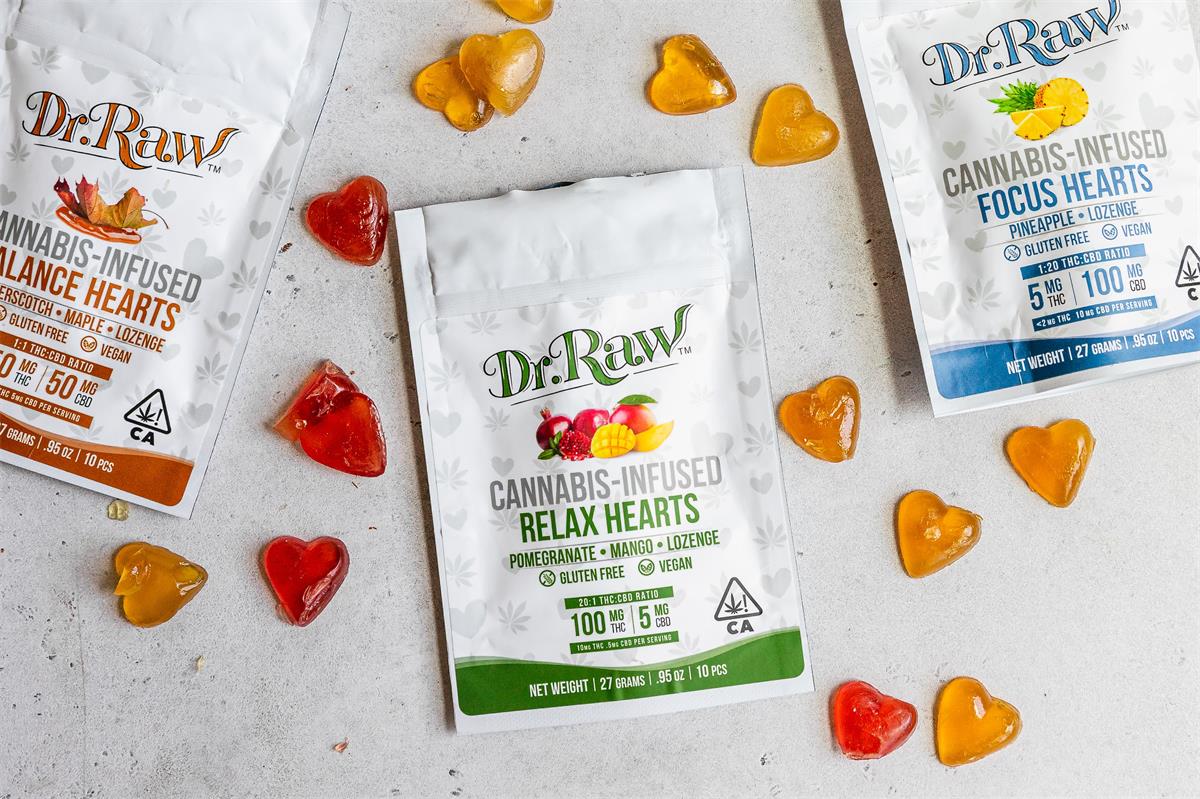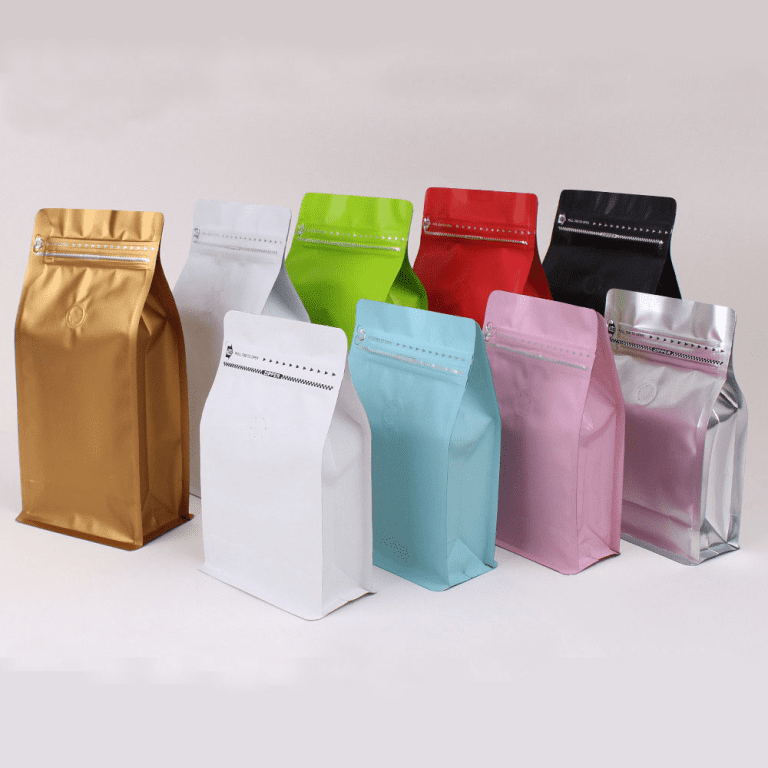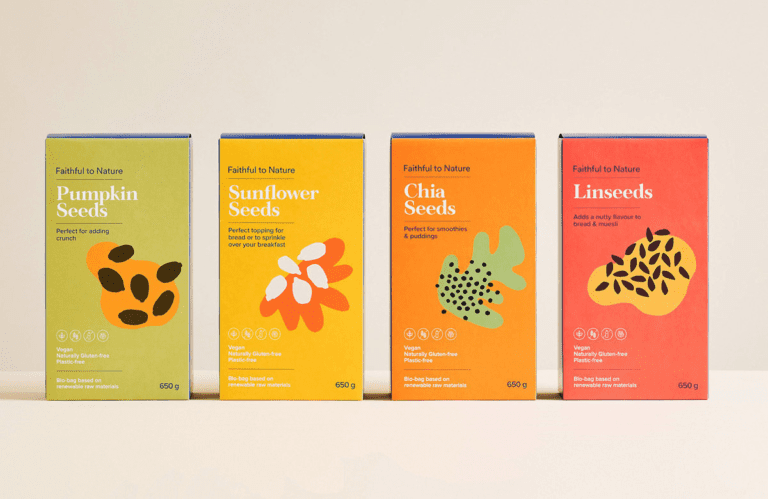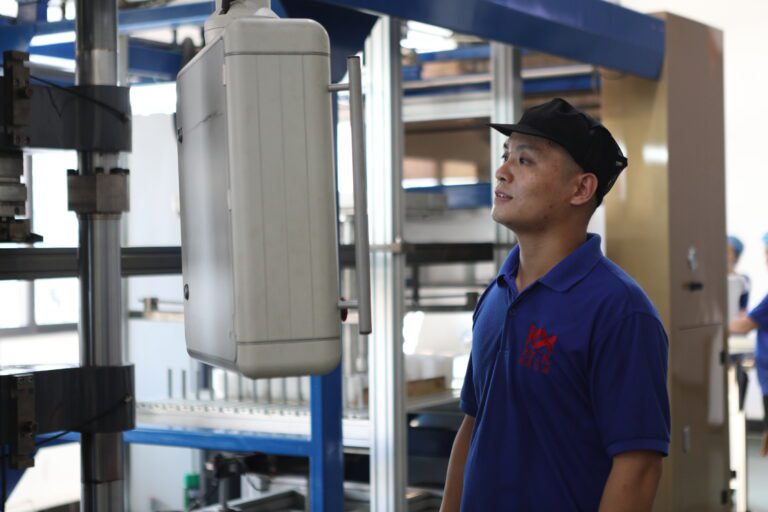Environmental Impact of Food Packaging Bags and Sustainable Alternatives
Environmental Impact of Food Packaging Bags and Sustainable Alternatives
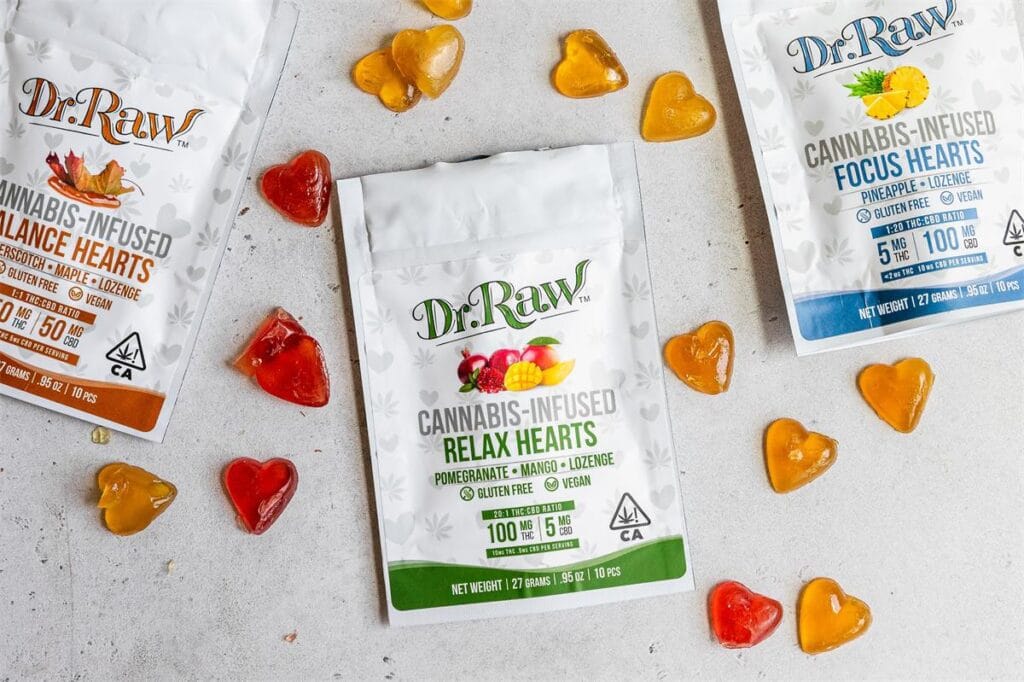
Food packaging bags play a significant role in ensuring the safety, preservation, and transportation of food products. Tomēr, ražošanu, use, and disposal of conventional food packaging bags have a substantial environmental impact. This article explores the environmental consequences associated with food packaging bags and highlights sustainable alternatives that can help mitigate these effects. By understanding the environmental impact and considering sustainable options, we can move towards a more environmentally conscious and responsible food packaging industry.
- The environmental impact of conventional food packaging bags:
izšķirt. Carbon footprint: Examining the greenhouse gas emissions generated throughout the life cycle of food packaging bags, including raw material extraction, ražošana, transports, and disposal.
b. Waste generation: Discussing the issues of plastic waste accumulation in landfills, oceans, and ecosystems, and its long-term environmental consequences.
c. Wildlife and marine pollution: Exploring the impacts of plastic packaging waste on wildlife, marine life, and ecosystems, including entanglement and ingestion hazards.
d. Resource depletion: Considering the depletion of finite resources, such as fossil fuels and water, in the production of conventional food packaging materials. - Sustainable alternatives to conventional food packaging bags:
izšķirt. Biodegradable and compostable materials: Exploring the use of bioplastics derived from renewable resources, such as cornstarch-based polymers and cellulose-based materials, which can biodegrade and compost naturally.
b. Recyclable materials: Discussing the importance of using recyclable packaging materials, such as high-density polyethylene (HDPE) and polyethylene terephthalate (PET), to minimize waste and promote a circular economy.
c. Reusable packaging systems: Examining the growing trend of reusable food packaging, such as stainless steel containers, glass jars, and cloth bags, which help reduce waste and reliance on single-use packaging.
d. Innovative materials and technologies: Highlighting emerging sustainable packaging materials, such as edible packaging made from seaweed or plant-based films, and advancements in packaging design and production processes. - Challenges and considerations in adopting sustainable alternatives:
izšķirt. Cost and scalability: Addressing the cost implications and scalability of sustainable packaging materials and technologies, and the need for industry-wide adoption to drive down costs.
b. Consumer perception and behavior: Discussing the importance of consumer education and awareness in embracing sustainable packaging options and supporting eco-friendly brands.
c. Regulatory support and standards: Highlighting the need for robust regulations and standards to encourage the use of sustainable packaging materials and promote a level playing field for businesses.
d. Collaboration and stakeholder engagement: Emphasizing the importance of collaboration among stakeholders, including manufacturers, retailers, politikas veidotāji, and consumers, to drive sustainable practices and innovation in the food packaging industry.
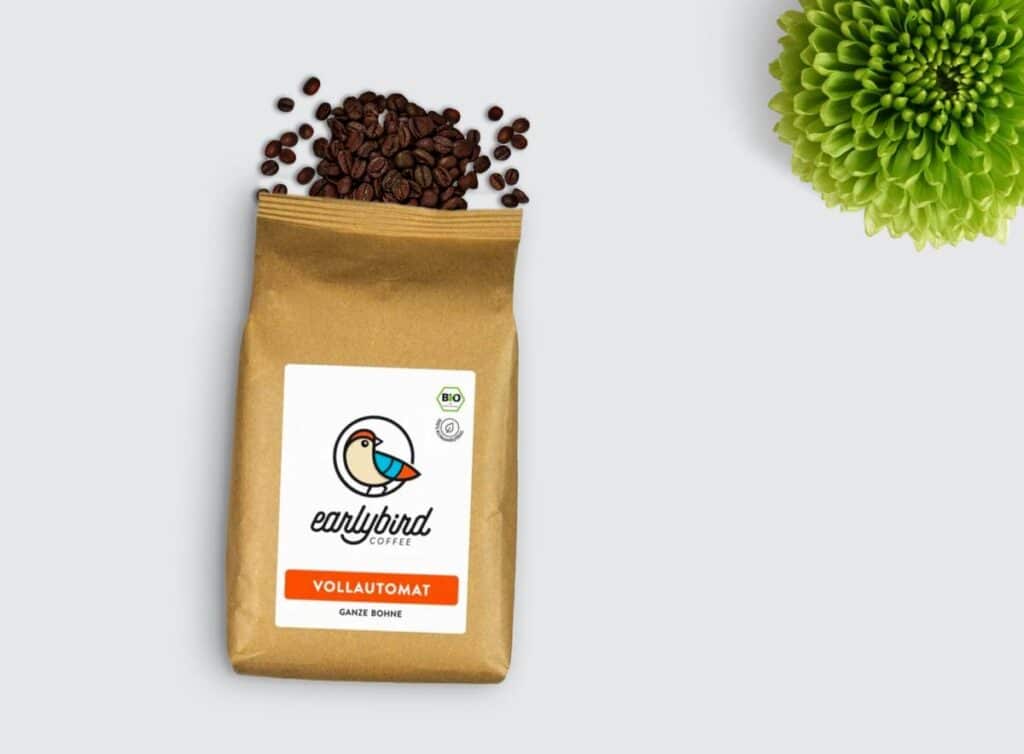
Secinājums:
The environmental impact of food packaging bags is a pressing issue that requires urgent attention. By understanding the consequences of conventional packaging materials and exploring sustainable alternatives, we can make strides towards a more sustainable and responsible food packaging industry. Embracing biodegradable and compostable materials, promoting recycling and reusability, and encouraging innovation and collaboration will pave the way for a future where food packaging minimizes its environmental footprint and contributes to a healthier planet.
sazinieties ar mūsu pārtikas iepakojuma ekspertiem

